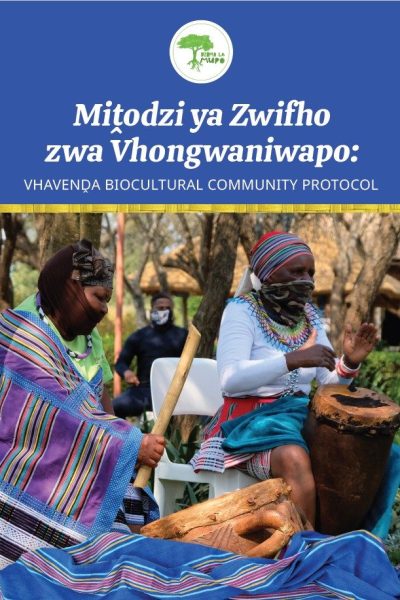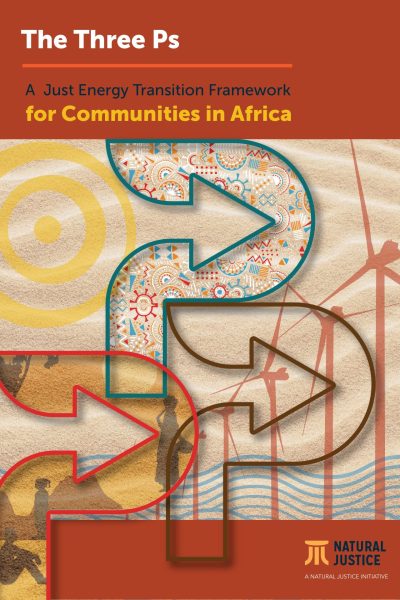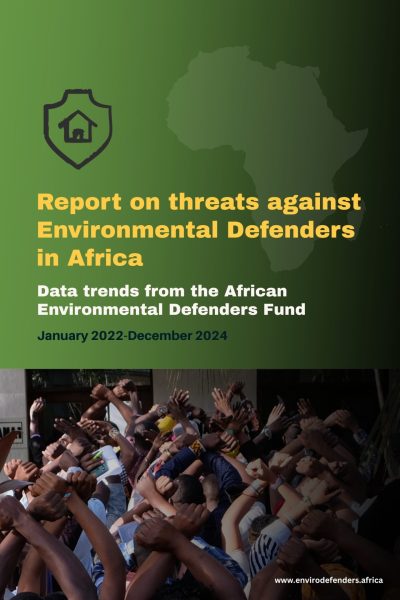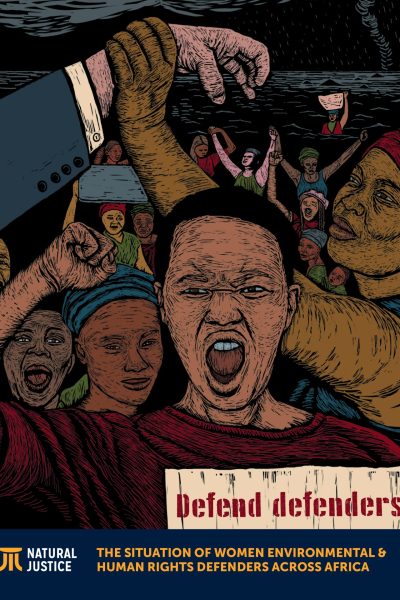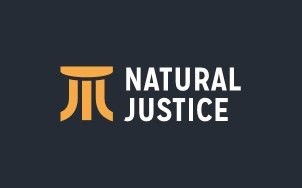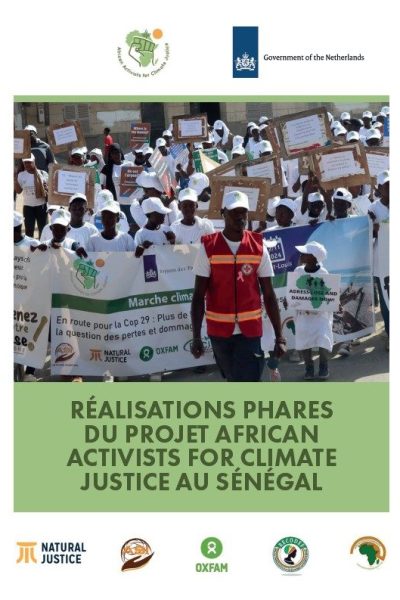Natural Justice is pleased to present their latest report from South Africa, “Blood, Sweat and Tears: Community Redress Strategies and their Effectiveness in Mitigating the Impacts of Extractives and Related Infrastructure Projects in South Africa: 2008-2018”.
“Blood, Sweat and Tears” was developed based on research conducted on communities’ responses to mining and the extractive industries in South Africa. The report tracks strategies used by communities (and their civil society partners and others) to challenge components of these developments and operations and mitigate the impacts that the communities experience – impacts that range from water contamination, erosion and dust, to displacements and disrupted livelihoods.
The research finds that although litigation was the preferred strategy in the past, communities are increasingly mobilising around other strategies, including social audits, petitions, compliance monitoring, community trainings, public campaigns etc.
The report also considers the overall legislative architecture of the extractives industry and finds that it is not conducive to enforcement and compliance.
An effort was made by the authors of the report to also consider the effectiveness of different strategies. The take-home message regarding effectiveness is that, although communities’ concerns were in most cases acknowledged, the impacts did not stop and the remedy being sought was not achieved.
It is evident, however, that communities are no longer standing by as the extractives industries in South Africa wreck their livelihoods and pollute their local environment. Communities are mobilising in greater numbers, learning from one another, and becoming stronger in their resistance. In some instances, communities have even directly approached multi-national mining corporations.
This report can open up further discussions on how to integrate and improve strategies; especially amongst civil society actors and practitioners that are partnering with communities to support them in asserting their environmental rights.


